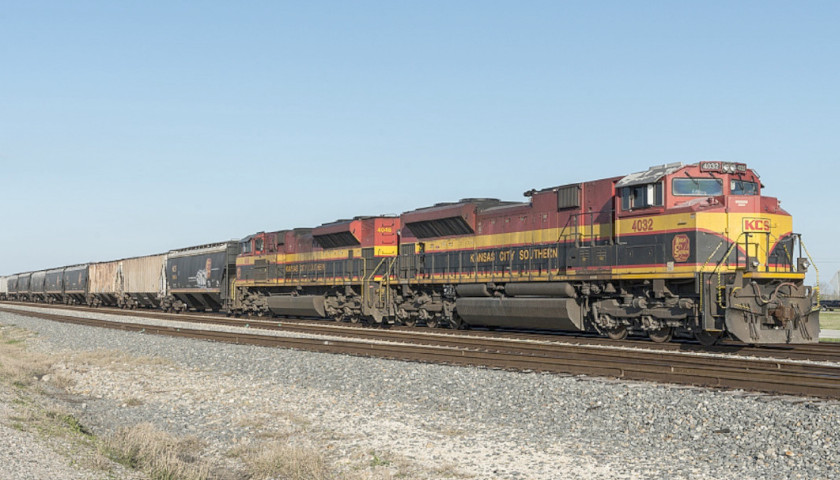by Alan Wooten
Billions in economic losses and disruptions to everyday lives of Americans loom with a potential U.S. freight rails strike at the end of the week.
An agreement deadline is 12:01 a.m. Friday.
Here’s what you need to know:
• Who? Freight railroads and rail worker unions. Railroads, 13 in all, include Norfolk Southern, Union Pacific, BNSF, CSX and Kansas City Southern. Rail workers unions, 12 of them, encompass 115,000 workers.
• Why? Money, conditions. A Presidential Emergency Board established in the summer by President Joe Biden – a pro-union Democrat – recommends 24% raises over five years, $5,000 in bonus pay, and one additional paid day a year. It would be retroactive to 2020, run to 2024, and have an immediate 14% wage increase covering the first three years.
• Status? Two unions are holding out, the Brotherhood of Locomotive Engineers and Trainmen, and the SMART Transportation Division. Their issues include on call duty, amount of notice for a 12-hour shift, and penalties for calling in sick.
• Cost? The Association of American Railroads estimates the U.S. economy will lose $2 billion each day of the strike.
• Impact? Rail moves 28% of U.S. freight, according to federal data. Industries of all types would be impacted, including any that use rail, but also those that use trucks and planes – two modes of transport that will be called upon to pick up the missing rail element. The American Trucking Association estimates 460,000 additional long-haul trucks would be needed each day to offset transportation shortcomines during a rail strike.
• Happening? Amtrak uses some of the freight rails, and already has adjusted schedules. Some trips can’t be completed before Friday’s deadline. Chicago to West Coast lines of the California Zephyr and Empire Builder are suspended; today, Amtrak stops City of New Orleans, Starlight and Texas Eagle lines among others.
• Metro? Not all majors will be affected. For example, New York’s MTA says it will not be impacted. Chicago’s Metra, however, says most of its trains won’t be able to run.
– – –
Alan Wooten has been a publisher, general manager and editor. His work has won national or state awards in every decade since the 1980s. He’s a proud graduate of Elon University and Farmville Central High in North Carolina. Wooten is managing editor for The Center Square.








